Our Blog
Vietnam Solo Travel Guide 2025: Essential Tips For First-Time Travelers
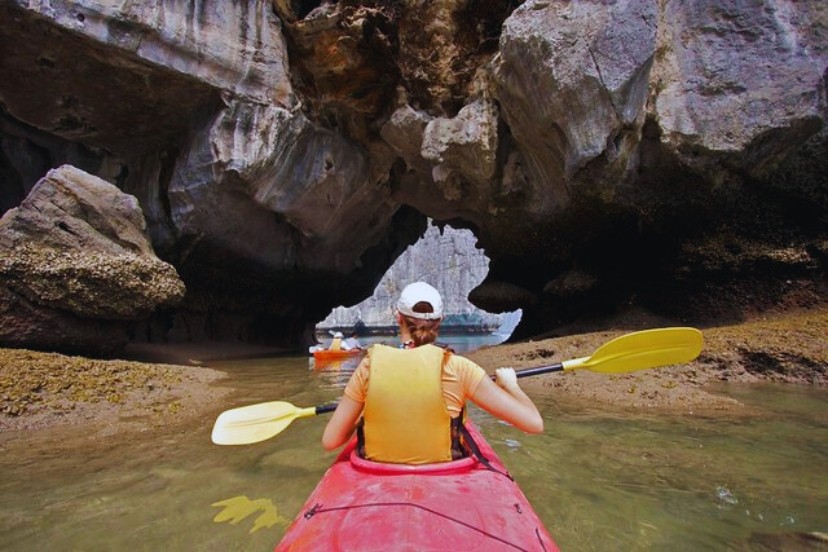
Vietnam Road Trip Guide 2025: Best Routes, Map & Tips
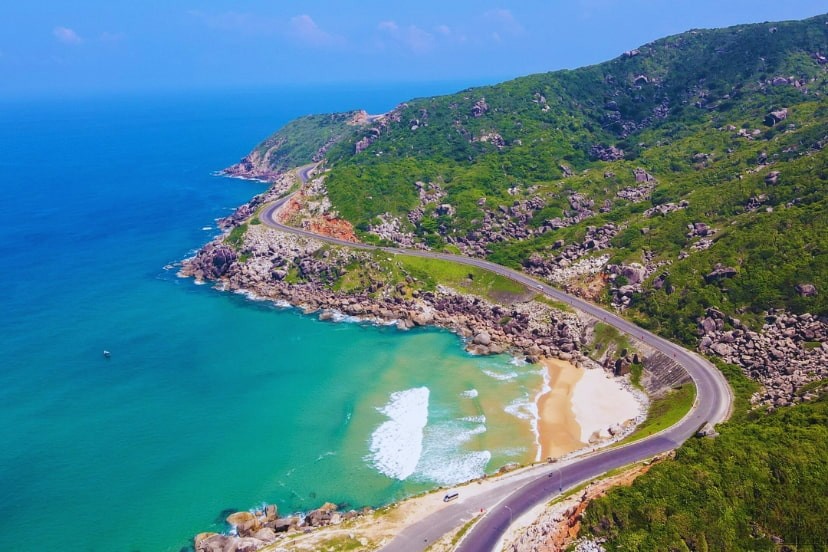
Hanoi Travel Guide 2025: Top Sights, Food Tips & Local Advice
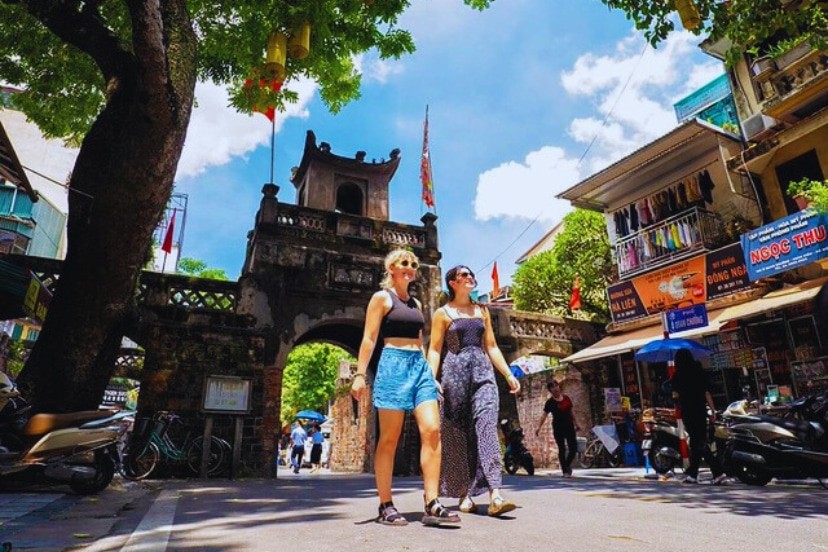
Vietnam Travel Advice UK: Essential Tips For British Travelers

Essential Ho Chi Minh City Travel Tips For Beginners

Family-Friendly Vietnam Travel Guide Map
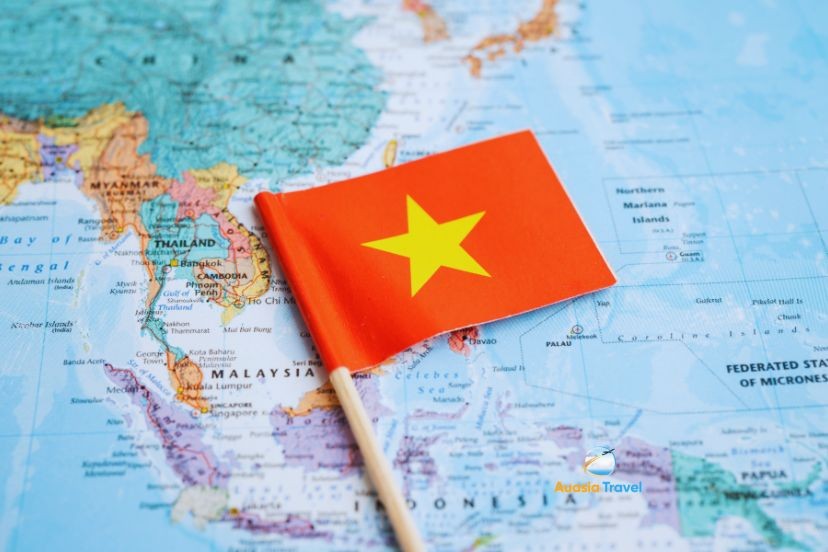
8 Days Vietnam: The Perfect 2025 Itinerary From Hanoi To Ho Chi Minh
_828x552.jpg)
Vietnam Travel Tips: The Ultimate Guide For 2025
-auasiatravel_828x552.jpg)
Your Insider’s Guide to Vietnam, Cambodia, Laos, and Thailand
Welcome to Auasia Travel’s Blog — the ultimate resource for travelers who dream of uncovering the hidden wonders, ancient cultures, and natural splendors of Southeast Asia. Whether you're planning your first trip or returning for more life-changing adventures, this blog is designed to be your travel companion, offering an exclusive look into the treasures awaiting in Vietnam, Cambodia, Laos, and Thailand.
Southeast Asia is more than a destination — it's a living museum of history, a melting pot of cultures, and a paradise for adventure-seekers, food lovers, and curious explorers. Through this blog, we aim to bring you closer to the heart and soul of the region, guiding you through traditions, landscapes, dishes, festivals, and untold stories that define this remarkable part of the world.
Table of Contents
I. Explore Southeast Asia’s Timeless Charm
From the lively chaos of Hanoi’s Old Quarter to the serene flow of the Mekong River…
From the sunrise over Angkor Wat to the spiritual calm of Luang Prabang’s saffron-robed monks…
From Bangkok’s buzzing night markets to the emerald peaks of Sapa and Vang Vieng…
Every corner of Southeast Asia has a story to tell — and Auasia Travel is here to help you experience it in the most immersive, enriching way possible.
Whether you're cruising through Ha Long Bay, cycling through rice paddies in Ninh Binh, wandering the ancient stone faces of Bayon Temple, or sipping Thai tea in Chiang Mai, each chapter of your journey forms a part of a greater tapestry of life, culture, and connection.
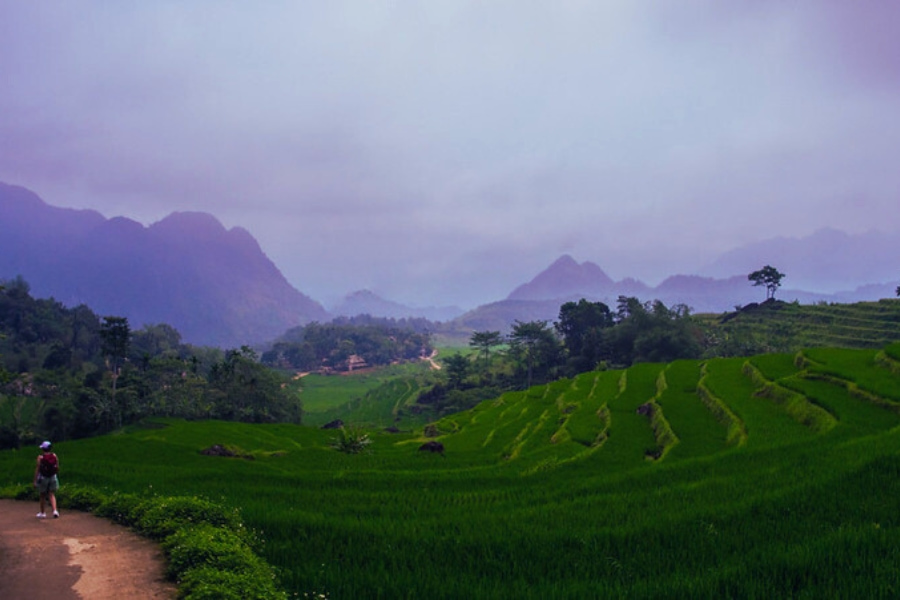
II. What You’ll Discover in Auasia Travel’s Blog
This blog is thoughtfully crafted to empower travelers of all kinds — from solo backpackers to luxury seekers, cultural enthusiasts to adventure junkies. Here’s what you can expect:
1. Travel Guides
Detailed guides to the best destinations in Vietnam, Laos, Cambodia, and Thailand — from top attractions to off-the-beaten-path gems. Gain insider advice on what to see, when to go, how to avoid tourist traps, and how to uncover authentic experiences.
Explore iconic sites like Ha Long Bay, Angkor Wat, Kuang Si Falls, and the Grand Palace, but also lesser-known wonders like Ben Tre’s coconut villages, Vang Vieng’s blue lagoons, and Kampong Phluk’s floating forest.
2. Food & Culture
Food is culture, and in Southeast Asia, every dish comes with a story. Learn about the origin of famous dishes like Vietnamese pho, Cambodian amok, Laotian larp, and Thai pad kra pao, and discover where to find the most authentic flavors — from street vendors to riverside farms.
We also explore local customs, spiritual practices, festivals, handicrafts, daily life, and etiquette so you can travel mindfully and respectfully.
3. History & Heritage
Go beyond sightseeing with deep dives into the history of ancient kingdoms, colonial eras, and cultural revolutions that shaped Southeast Asia into what it is today. Understand the legacy behind Angkor’s temples, the Champa ruins, Hanoi’s French Quarter, Luang Prabang’s royal lineage, and Thailand’s enduring monarchic heritage.
4. Transportation Tips
Confused about how to navigate Vietnamese sleeper trains, Thai tuk-tuks, or Lao riverboats? We break it all down. Learn the fastest way to travel between cities, how to cross borders smoothly, or how to book a luxury cruise or local bus on a budget.
5. Budget & Luxury Travel
Whether you’re backpacking solo on a $30/day budget or planning a luxurious honeymoon at a boutique resort in Phu Quoc, we’ve got tailored advice for everyone. Discover splurge-worthy experiences like private Mekong Delta cruises or money-saving hacks for traveling like a local.
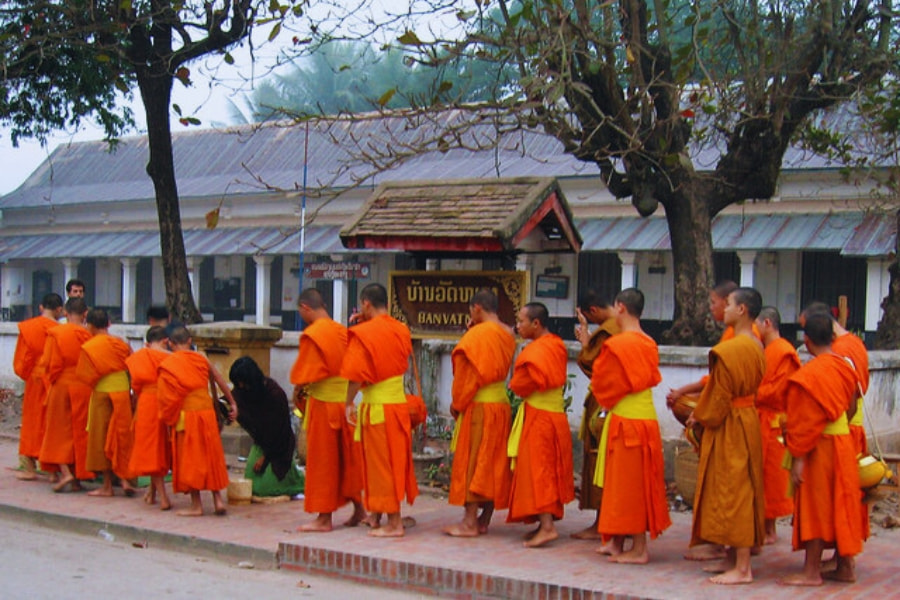
III. Genuine Experiences, Thoughtful Reflections
What sets this blog apart is its real-world insights based on hands-on travel, guest feedback, and our deep connection to regional experts, guides, and communities. You’ll find:
First-hand reviews of hotels, restaurants, and tours
Authentic interviews with local artisans, monks, and chefs
Step-by-step itineraries that balance culture, adventure, and relaxation
Travel stories from real Auasia guests — their surprises, challenges, and unforgettable moments
IV. Why Follow This Blog?
At Auasia Travel, we believe that every journey has the power to transform. Traveling isn’t just about ticking off sights — it’s about connecting with people, immersing in unfamiliar worlds, and gaining a deeper appreciation for the beauty and diversity of life. By keeping up with this blog, you’ll benefit from:
Practical knowledge to simplify and enrich your travels
Cultural understanding to respect and engage with local traditions
Inspiration to design your dream trip with confidence and excitement
Exclusive updates on new tours, travel deals, visa rules, and seasonal events
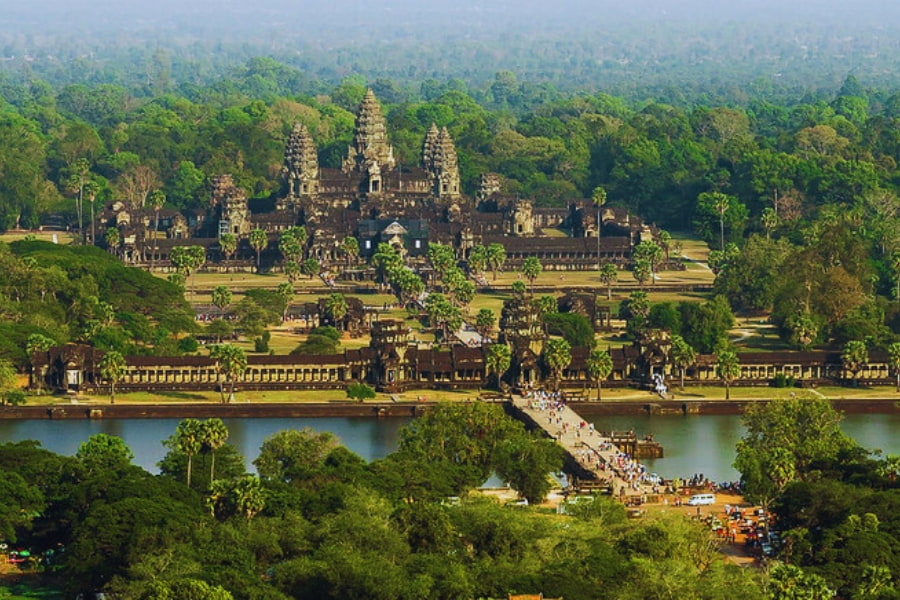
V. Let’s Travel Together
So, whether you are:
A solo traveler chasing freedom and self-discovery
A couple dreaming of a romantic getaway in Ha Long Bay or Phuket
A family searching for kid-friendly adventures in Hoi An or Siem Reap
A cultural explorer eager to learn about Buddhist traditions or Khmer architecture
A foodie craving authentic spring rolls, khao soi, or mango sticky rice…
Together, lets discover what lies ahead.
VI. Featured Themes
Best Month-by-Month Guide for Southeast Asia
Top Boutique Cruises in Vietnam and Cambodia
Must-Try Dishes from Hanoi to Chiang Mai
Hidden Natural Wonders in Laos & Northern Vietnam
Luxury Villas, Eco-Lodges & Homestays Worth Booking
Visa Updates for International Travelers to Southeast Asia
Best Train Journeys & Slow Travel Routes in Indochina
How to Travel Responsibly: Eco-tourism + Local Empowerment
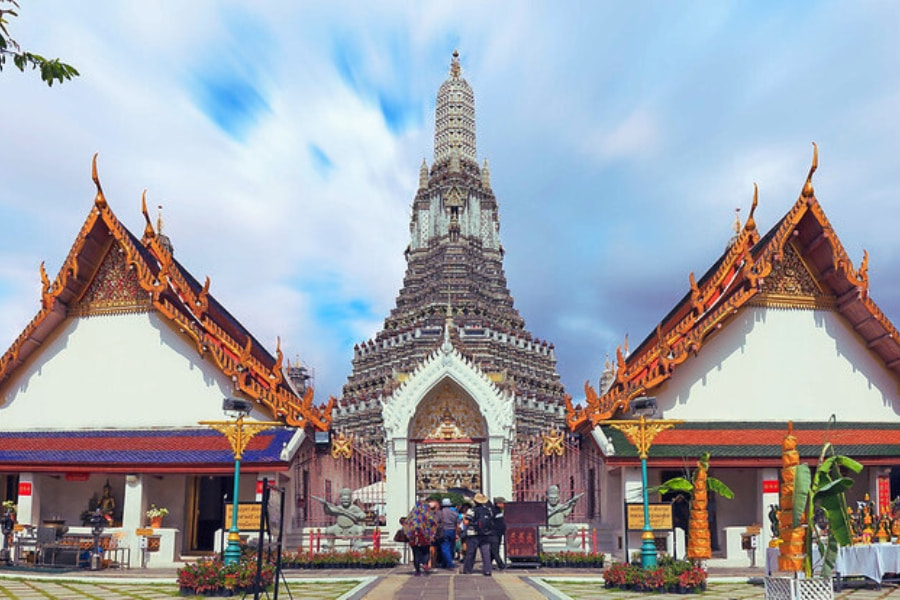
VII. Join Us — One Story at a Time
Auasia Travel believes that traveling is storytelling. Every photo, taste, conversation, and footstep we take helps us write a story — yours, ours, and that of Southeast Asia. We’re not just sharing destinations — we’re sharing connections.
Not just plans — but moments you’ll treasure.
Travel that goes deeper — and changes you.
Come explore the lands of dragons, temples, lanterns, rivers, and ancient legacies. Let the Auasia Travel Blog be your passport to Vietnam, Laos, Cambodia, and Thailand and to the world beyond the map.
